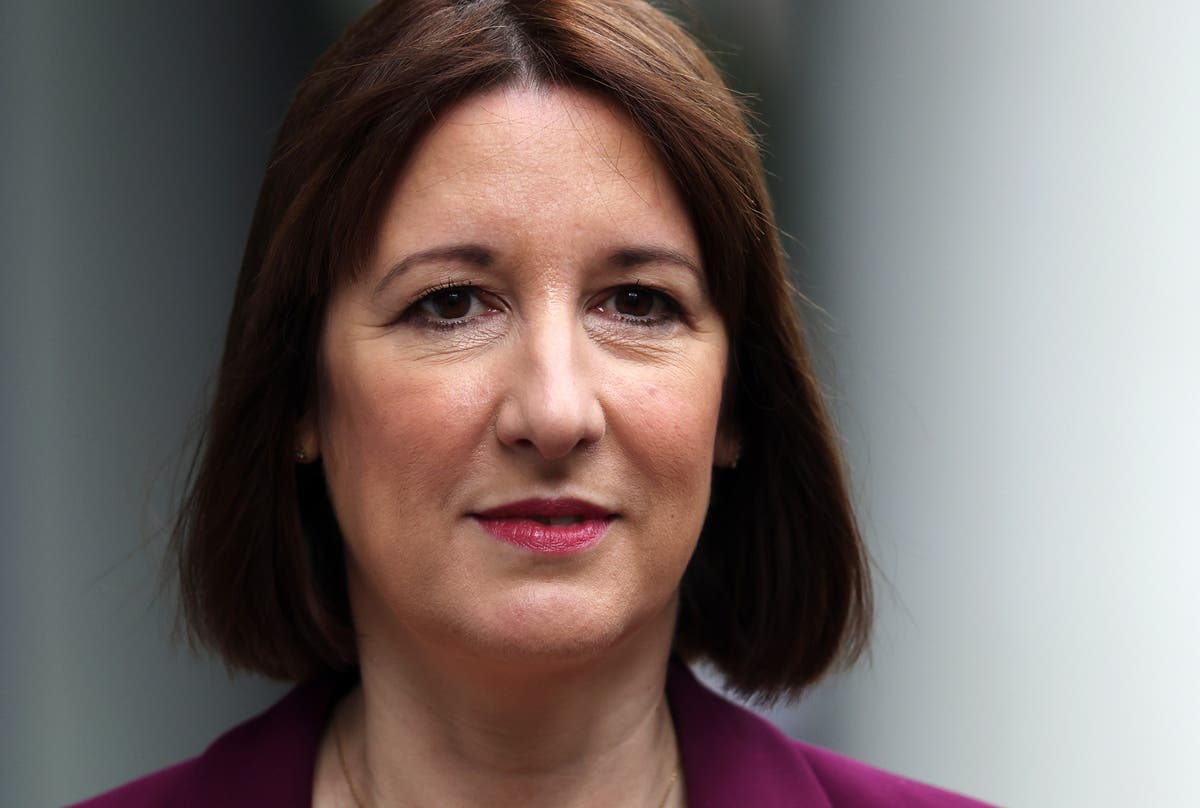The chancellor’s response to the latest miserable economic growth figures was peevish to the point of bizarre.
Sounding like a mum who’s been told her children have just flunked their mock exams, this trained economist declared: “I am not satisfied with these numbers.”
If a chancellor’s mere disfavour was sufficient to boost growth, then all our problems would soon be over. Her attitude also suggests that she thinks this weak performance is an entirely exogenous phenomenon; while the truth is that she must take at least a little responsibility.
Still, Rachel Reeves is right to be annoyed that the economy is pretty much flatlining.
Confidence is depressed, consumers are cautious, and businesses have been hit with higher employers’ national insurance contributions, a hike in the minimum wage and, prospectively, more onerous (at least to them) employment laws.
Her recent Budget represented one of the biggest tax increases since the war – hardly conducive to awakening the economy’s animal spirits, it will inevitably dampen the next set of data.
The disappointing growth numbers have not been helped by the decidedly downbeat noises emanating from the prime minister and the chancellor immediately after the election – paraphrased as “things can only get worse”.
True, the Conservatives’ election campaign, just like the faster growth recorded in the first half of the year, was based on excessive borrowing and fairytale assumptions about public spending. But it is Ms Reeves who is paying the political price now for clearing up the mess. That would be enough to irritate even the most patient of finance ministers.
The farmers are revving up their tractors for a campaign against inheritance tax, and the election of Donald Trump threatens tariffs on UK exports that could cut the already anaemic official growth forecasts in half. Sir Keir Starmer referred to his first weeks in office, scarred by rioting, as “choppy” – but that could be just the beginning.
In any nation where the economic “pie” isn’t growing, different groups will tend to fight harder to maintain or enlarge their slice – the fundamental reason why there have been so many strikes in recent years. It’s early days still, but if Kemi Badenoch’s Conservatives copy the Republicans’ playbook and ask Britain’s voters in 2029 “are you better off than you were five years ago?”, the answer may not boost Labour’s chances of a second term. Perceptions matter.
Ms Reeves is in a terrible bind. She is right to want to put the public finances on a sustainable footing – but it’s undeniably painful in the short term. She understands, more than most, that the success of this administration depends on the economic growth she talks about so frequently.
She has plans to improve investment – and lots of them: there are the radical changes to the planning system; the national wealth fund, a subsidy system for promising private sector projects; looser fiscal rules to permit borrowing to invest; investment summits; encouraging banks and pension funds to take more risks with capital; and lots of promises about training.
Her problem is that, even if all of this extra investment was started today, it would take some years for it to show up in the national statistics – and even longer to be perceptible to hard-pressed “working people”. There will not, in other words, be that much to show for it by the next election.
More worrying still is the lack of investible opportunities in the UK, the shortages of labour of all kinds, and the continuing malign effects of Brexit, highlighted with an admirable sense of balance by Andrew Bailey, governor of the Bank of England. Politically impossible, given the traumas of Brexit and Labour’s clear manifesto promises on the EU single market and customs union, the most that can be hoped for in the reset promised by ministers is a package of plant health and veterinary measures, and perhaps some other detailed changes.
Knowing that a radical change of stance on Europe would provide an immediate fillip to trade and growth must also be annoying for the chancellor. But at least she and the governor are starting the national conversation.

